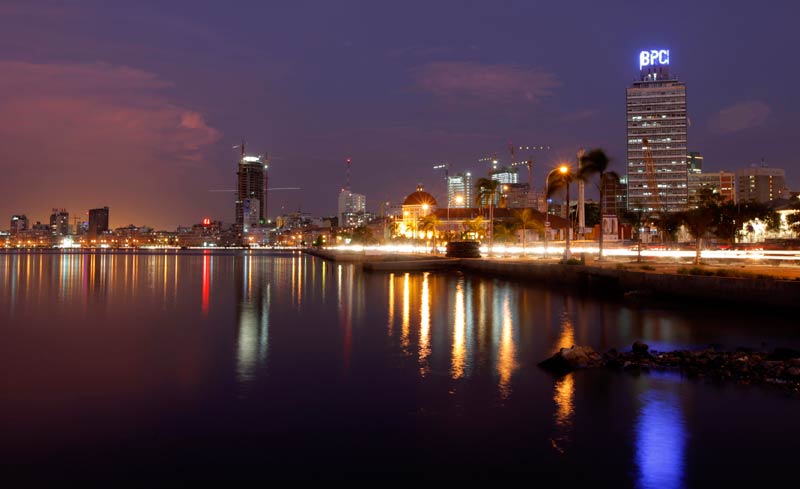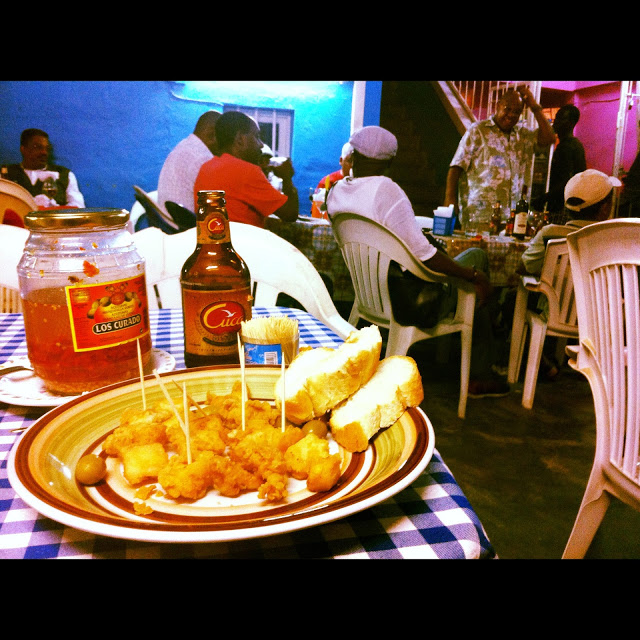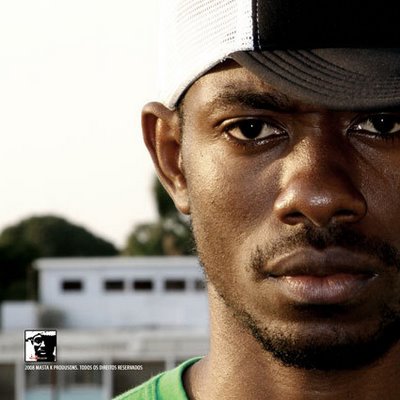What exactly constitutes development for a post-conflict African country? Is it the built environment or investment in human capital?
That’s a question I think about daily here in Luanda, Angola’s rapidly changing capital. On paper, Angola is a success story and a frequently cited example in the ‘Africa Rising’ narrative. It has enjoyed double-digit economic growth during the last decade, fueled by its plentiful crude oil deposits, and is experiencing a construction boom. It’s even attracting big-name luxury brands, such as Porsche, Gucci, Prada and Armani.
Luanda’s skyline is dotted with construction cranes and our nascent middle class is expanding. But it isn’t just (some) Angolans benefiting from the boom. Perhaps most striking of all, Angola has become a sort of El Dorado for the Portuguese, Angola’s old colonial power. In Angola, the Portuguese are finding much better livelihoods here than in Europe, where they’re one of the most prominent victims of the continent’s financial slowdown.

But for all the investment in the built environment, investment in human capital is severely lacking. I’d even venture to say it’s Angola’s hidden crisis. Speak to anyone in any industry and they’ll tell you about the great difficulty they have in hiring competent Angolans, let alone highly skilled ones. And the skills we’re talking about are as basic as properly reading and writing in Portuguese. A friend of mine who works for a television studio put it bluntly: “We’ll need expats here for the next 40 years. I have staff that can’t write a simple email without glaring spelling mistakes.”
Angola’s lack of investment in education isn’t exactly news. Portugal’s colonial system rigorously discouraged education among its African subjects, with its missionary schools the only exception to this rule. The long, brutal civil war that wrecked the country immediately after independence further hampered education efforts. But now, 12 years after peace has been achieved, investment in education remains depressingly low. And it shows.
In the many multinationals and large national firms that operate in Angola, Portuguese workers have a strong presence in middle management and senior roles. It’s true that Angola’s lack of skilled workers was exacerbated by the war years and foreign help is not only warranted but acutely needed. Yet, I see no evidence of any effort being done on a governmental level to change this reality. In fact, we are one of Africa’s worst investors in education, regularly spending less than 10% of our national budget on this expenditure. When compared to post-conflict countries such as Burundi and Côte d’Ivoire, who each last year spent over 20% of their budget on education, this is especially startling. Angola, in comparison, dedicated just 6.2% of its budget on education.
So how do these statistics translate to our day-to-day reality? Three of my family members are professors in both public and private universities in Luanda, and all three often complain about just how intellectually poor their students are, to the point where they cannot properly read, write or solve basic mathematical problems. We’re talking about university-level students. But the professors stress that it’s not their fault – rather, they’re the product of a seriously deficient educational system at the primarily level. Professors are required by law to pass 80% of their students onto the next grade, regardless of their skill and intelligence. By the time they get to university, many of these students are lacking even the most basic skills to succeed and learn.
And if you think that the government is addressing this important issue, think again. Just this year, they further slashed public investment in primarily level education by an outrageous 33%. Instead, and despite our 12 years of peace, the government preferred to invest its earnings in military equipment. So much so that Angola is sub-Saharan Africa’s biggest military spender. The wisdom of spending $6.1-billion on military equipment, a lot of it nearly obsolete, during peacetime, to the detriment of proper spending in education, is extremely worrying.
Although it likes to think of itself as a regional leader and enjoys flexing its financial muscle, Angola does not have a single university in Africa’s top 100. Its existing universities, with very few exceptions, are utter shambles.
Continuous and sustainable investment in education is a must if we are to have a properly functioning society and economy run by Angolans. Human development is our most pressing need because human capital is our most valuable commodity. Oil will run out one day, and the financial crisis in Portugal that brings so many Portuguese to our workforce will one day end. Who then, will run Angola, and with what education?
Claudio Silva is Angolan. He has spent time in New York, Washington DC, Lisbon, Reading (UK) and attended university in Boston. In 2009, he started Caipirinha Lounge, a music blog dedicated to Lusophone music. Claudio contributes to several other blogs including Africa is a Country and Central Angola 7311. Connect with him on Twitter.




